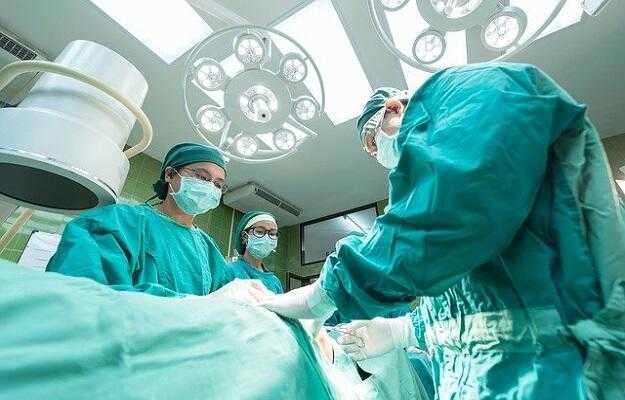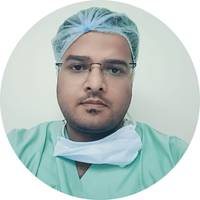Summary
Exploratory laparotomy is a surgery to view the organs and structures inside the abdomen, usually to diagnose conditions that are not easily identified during imaging tests. It can also be performed in an emergency to check for any damage or injury to the organs Additionally, the procedure will include treatment for the identified condition or testing of the extracted tissue sample.
Exploratory laparotomy is usually done under general anaesthesia and involves making a large cut on the belly. Your surgeon will ask you to fast from midnight before the surgery. After the procedure, you will have to stay in the hospital for some days. Recovery will include restrictions on certain activities, modification in your diet, medicines, and proper care of the surgical wound.










































